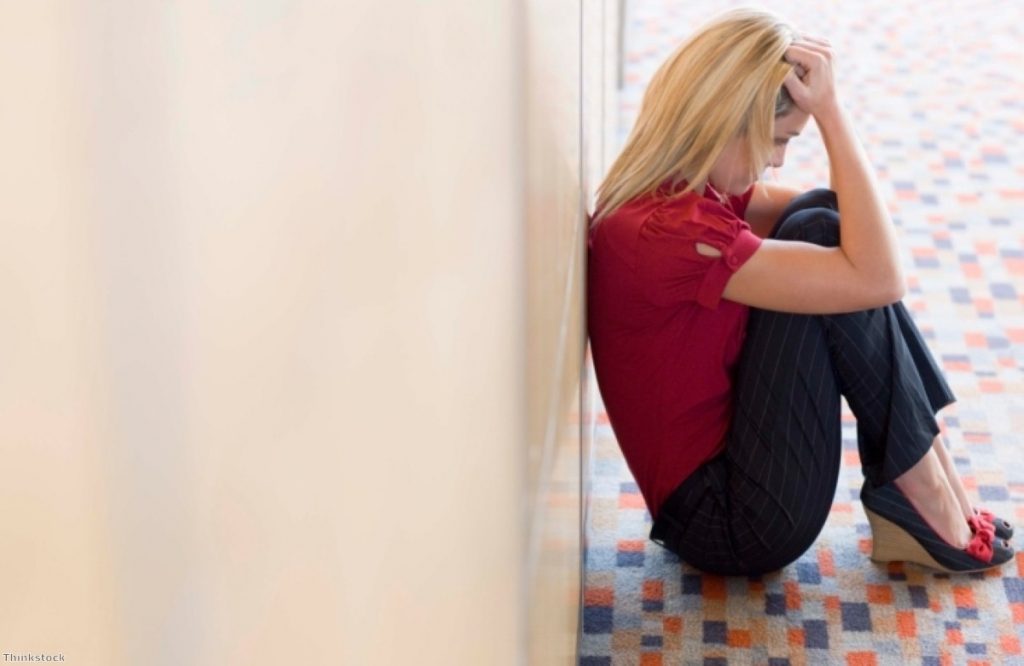Govt hands services for trafficked women to religious evangelicals
By Ian Dunt
There was outrage among secular and women’s groups today after it emerged the government had handed funding for trafficked women to an evangelical Christian group.
The Ministry of Justice (MoJ) withdrew funding from women’s charity Eaves Housing and awarded the contract to the Salvation Army, which has previously stated that it would find it “impossible” to be “religiously neutral”.
Campaigners also pointed to official Salvation Army guidance which brands homosexuality as “self-evidently abnormal” and “a symptom of a deeper refusal to accept the organising scheme of God”.


British Humanist Association (BHA) head of public affairs Naomi Phillips commented: “It is deeply concerning that the government has considered it appropriate to stop contracting with an organisation specialist in working with victims of sexual trafficking, motivated solely with regard to the well-being of those women, and handing over control of those services to a church motivated by a clear mission to evangelise.”
Campaigners warn that vulnerable or captive groups should not be forced to receive services from groups which might be tempted to discriminate against the people they are helping.
Others worry that religious groups might take the occasion to preach at women at a uniquely vulnerable point in their life.
“If groups such as the Salvation Army are unable not to evangelise in the provision of public services, that should bar them from being awarded contracts,” Ms Phillips said.
Volunteer groups and companies are being encouraged to bid for government contracts under the ‘big society’ agenda, particularly under the ‘community right to bid’ aspect of the localism bill.
But campaigners are wary of the freedom being offered to religious and extremist groups by the new system.
The government insists that the Equality Act means groups must deliver services in a way which “eliminates discrimination, harassment or victimisation of either the service user or potential service user”. It is also consulting on how extremist groups might be barred bidding for public service provision.
Secular groups say there are “wide exceptions” in the Equality Act permitting discrimination by religious groups.
A Ministry of Justice spokesperson said: “Bidders were required to demonstrate that they would ensure equality of access to support services for all victims, regardless of their equality and diversity traits.
“We have drawn on the expertise of anti-trafficking groups to develop a support system that offers victims a more diverse range of services, which will be tailored to their individual needs.”












